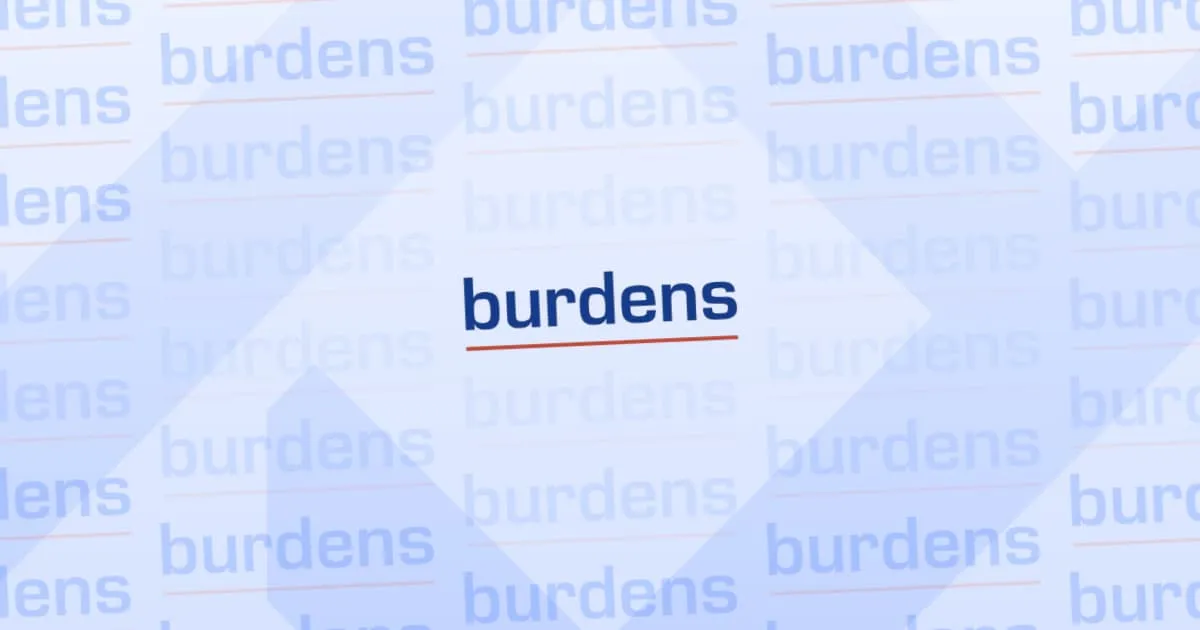Changes to income, Wages and Super this Year

On July 1, 2024, several changes to employment rates, thresholds, and limits in Australia came into effect, impacting both employees and employers. Here's a summary of how these updates will affect employment conditions, superannuation, and workplace dynamics.
Minimum Wage Increase
The Fair Work Commission’s Annual Wage Review 2023-24 resulted in a 3.75% increase in award rates. Consequently, the wages specified under modern awards have been adjusted to reflect this rise.
The national minimum wage, applicable to employees not covered by an award or enterprise agreement, has increased by 3.75% to $24.10 per hour, or $915.90 per week based on a 38-hour week. For casual employees, the new national minimum wage is $30.13 per hour, which includes a 25% casual loading rate.
These new minimum rates are effective from the first full pay period starting on or after July 1, 2024. Employers should review their employees' pay rates and the terms of any applicable modern awards to ensure compliance with the new minimum rates.
High-Income Threshold
New Threshold: $175,000
- Employees earning above this threshold are generally unable to claim unfair dismissal.
- These employees are also exempt from the general prohibition on fixed-term contracts exceeding two years.
Increased Superannuation Benefits for Employees
As of July 1, 2024, the superannuation guarantee rate increased from 11% to 11.5% of an employee’s annual salary, helping super accounts grow more quickly.
Changes to Contribution Caps
If you are making—or considering making—extra contributions to your super account, you'll benefit from the increased caps allowing for higher voluntary contributions:
Concessional Contributions
- The concessional contributions cap increased from $27,500 to $30,000 per annum.
Non-Concessional Contributions
- The non-concessional contributions cap increased from $110,000 to $120,000 per annum.
- The bring-forward rule cap also increased to up to $360,000, depending on your super balance.
Here's some related posts.



Why Integrating your Accounting Tools with Job Management Software is a Game-Changer for Tradies



Why Mobile Access to Job Information is a Game Changer for Tradies



